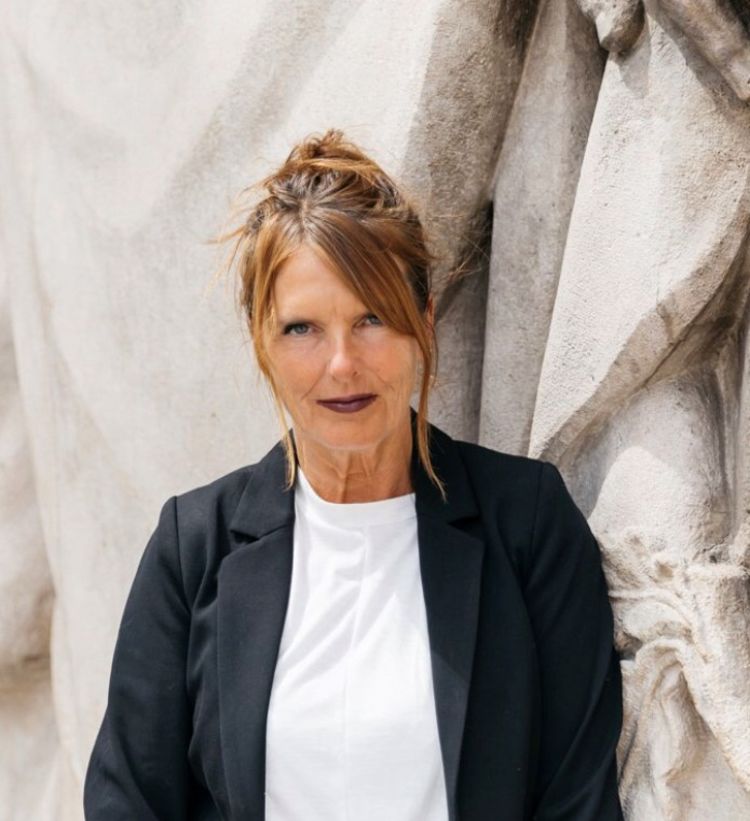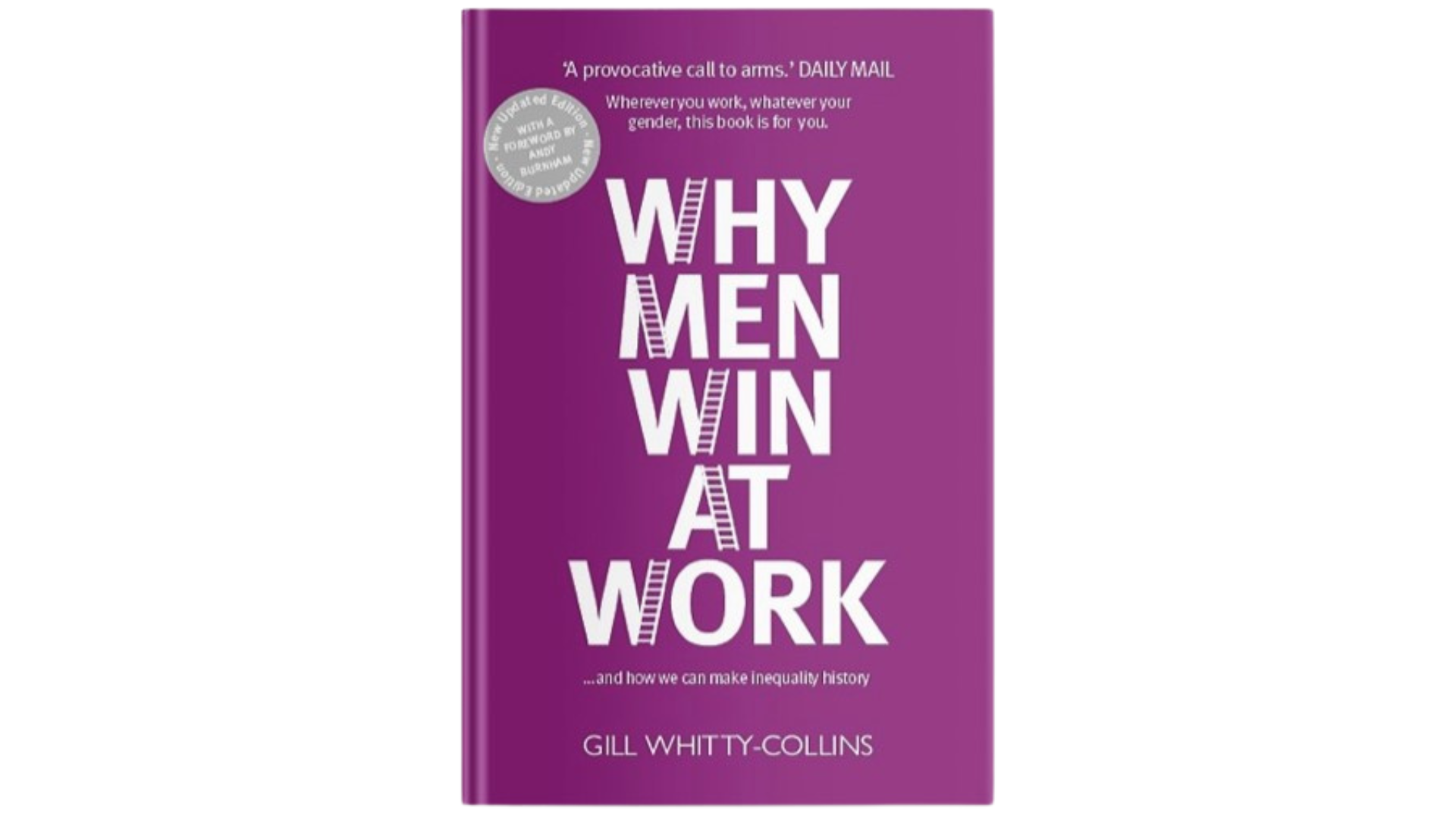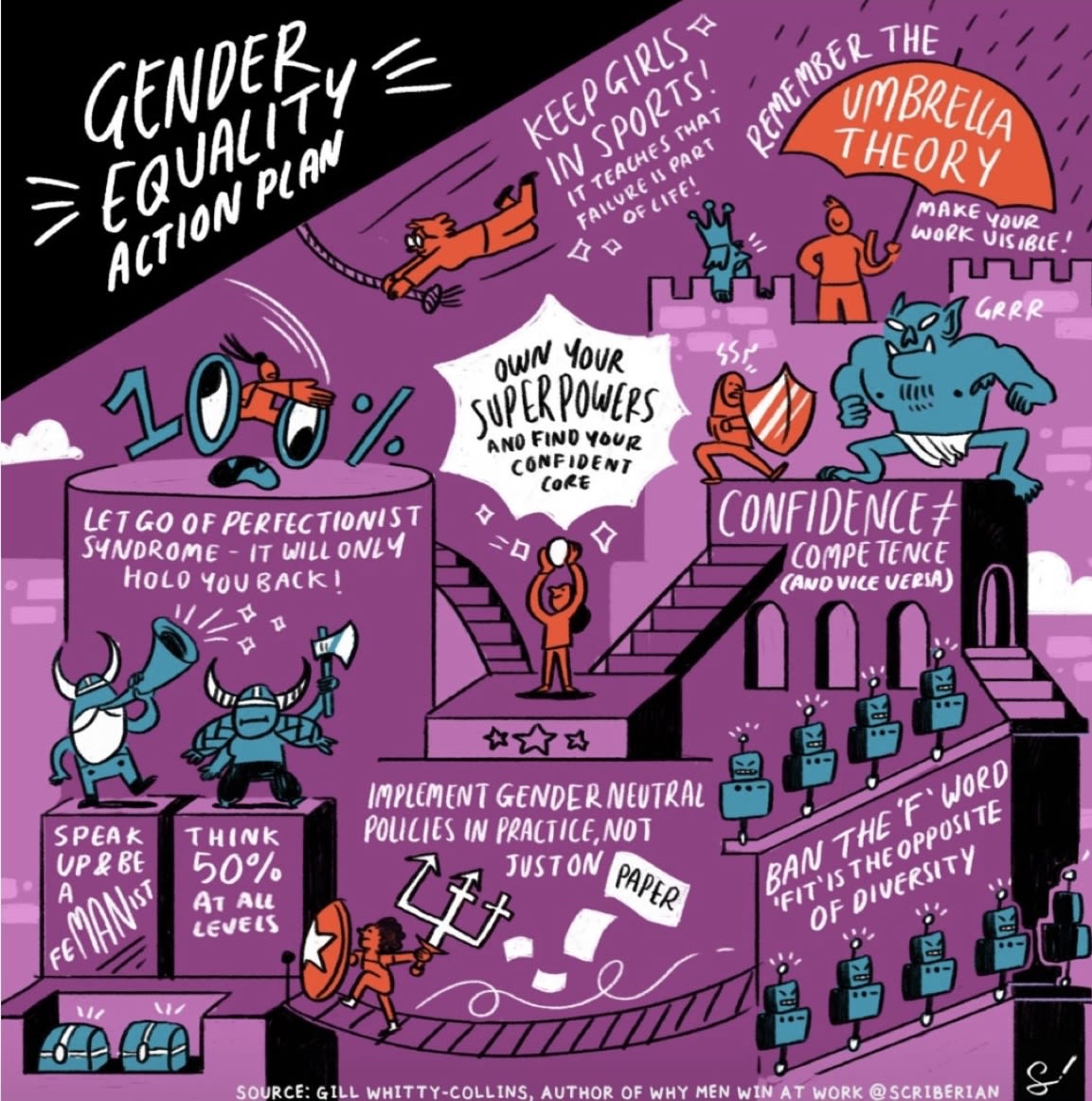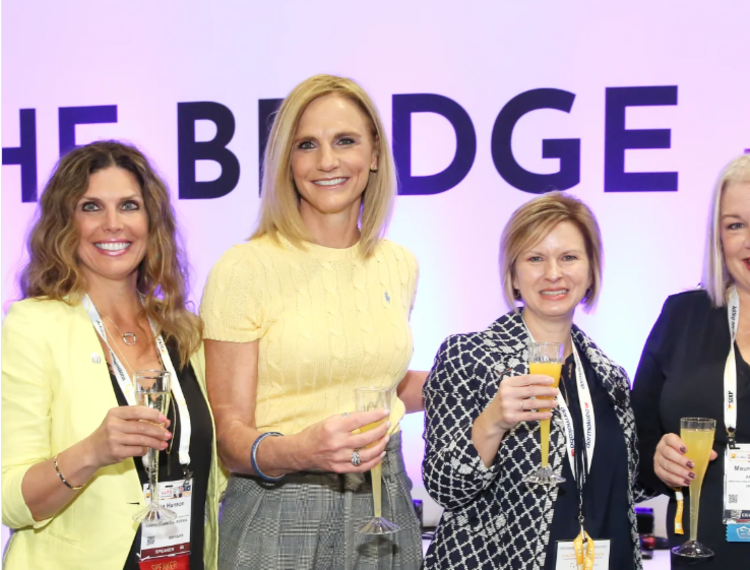Why men win at work – and how we can make inequality history

To celebrate Women’s History Month, we share some fascinating insights on gender equity from Gill Whitty-Collins, best-selling author of ‘Why Men Win at Work,’ who was invited to speak to RX by Gaby Appleton, Executive Sponsor of our Global Gender Equity Committee.
The RX Global Gender Equity Committee is one of five diversity committees which are helping RX to achieve our inclusion goals around race and ethnicity, gender equity, LGBTQIA+, disability and generations. One way they do this is by inviting interesting and talented people from outside our business to share their experiences and insights with us.
“At RX we are proud that we have a really good representation of women in our organisation including up to pretty senior levels but we know that we still have more to do” explained Gaby. “The idea for inviting Gill was inspired by French colleagues in our ‘Women Connected’ employee resource group (ERG) who were raving about her book ‘Why Men Win at Work’ and the great insights and advice it offered” explained Gaby. “They wondered if there would be any chance that Gill could come and talk to us, and she was happy to do so.”
“The webinar generated enormous interest, with over 400 people attending and very high levels of engagement, questions and comments throughout” Gaby revealed. “Gill has some very practical approaches to developing your career which are absolutely applicable to men as well as to women. Most of the things we can do to help women advance in our corporation and fulfil their career ambitions are also things that will make a more inclusive environment for everyone in RX; but what’s probably unique about Gill is her approach to enlisting men – her ‘FeMANists’ ‒ into solving the problem, without blaming them for it.”

A boardroom awakening
One of three daughters, Gill was brought up by her parents to believe that she was the equal of anyone. For 20 years of her career she said she didn’t personally experience gender inequality, until she reached senior vice president level and found herself in executive meetings and boardrooms that were 80% men.
“I really felt the impact of that male dominant culture, and the effect it had on other women around me in the room.”
Fascinated by this experience, and wanting to understand more, Gill devoured every article and book she could find about gender inequality. “And I realised it wasn’t about me, or the men and women around me” she said. “It was happening everywhere – in every country, organisation, business, politics, sport – wherever I looked, over 90% of leadership positions were held by men. That’s obviously really important because that’s where important decisions are made.”
“I wanted to understand why this happens, when we know that businesses that have gender equality and are leveraging diversity at senior levels deliver consistently better results. The data is unequivocal” she explained. She decided to write a book about it, to give some answers and solutions on what we do to drive equality. ‘Why Men Win at Work – and How We Can Make Inequality History’ was the result, published in 2020 to great acclaim.


The invisible ceiling
So why, in over 90% of cases, do executives (men and women) choose men for the promotion or leadership role when we know that women represent 50% of the population and are equally intelligent and capable? Gill puts this down to a number of invisible, unconscious and unintentional forces that create not so much a glass ceiling for women as an ‘invisible ceiling’.
One of these forces is what Gill calls the ‘invisible power of culture’ ‒ how a male-dominant culture impacts performance and perception positively for men, but negatively for women.
“When we find ourselves in a culture where we belong, we feel comfortable and relaxed, and can focus on performing. Being a women in a male-dominated meeting or boardroom makes it hard to be your best and authentic self.”
Another force relates to Gill’s ‘competence vs confidence equation’, by which managers tend to choose a confident person over a competent person, often to the detriment of women. “We like confident people. If someone is confident in themselves we are confident in them, and more likely to give them the project or the promotion ‒ and the opposite is also true. The problem is that for many reasons that start in childhood and school, women are generally less confident than men.” Gill said we all need to look behind the confident curtain and judge people on the work they do, and their competence.
Gill also talked about what she calls her ‘Umbrella Theory’ which suggests that men tend to be more savvy about the need to make themselves and their work visible, coming out from ‘under their umbrella’ so that the boss can see them. Networking is key here, but this raises the thorny issue of time. “The data shows us that on average, women undertake 80% of the unpaid work at home, even when they have a career” said Gill. “Self-promotion and networking are time consuming so where is this time coming from? Something has to give. For some women its their career, for others it’s their sleep and ultimately their health.”
Gill is clear that gender inequity is a problem for both women and men and ended her talk by offering ‘to do’ lists for both. For women, she recommended using a tool such as StrengthsFinder to really understand your unique talents and superpowers: “This will give you a confident core that will benefit you hugely.” Secondly, Gill said that women must get out from under the umbrella. “Make sure your work is visible and that you are known. If that means having conversations with your partner about sharing responsibilities 50/50 at home, make sure you have them.”
Men, she concluded, are key to effecting change. “You have over 90% of the leadership positions in the world. So if you don’t believe in the power of gender equality, if you don’t understand what causes inequality and how you are contributing to it, and you don’t commit to working on that, women will not get anywhere. I say to every man, be a feMANist Sign up, there is nothing to fear. You are losing from gender inequality too.”
For more information check out Gill’s newsletter.

@scriberian
@scriberian







